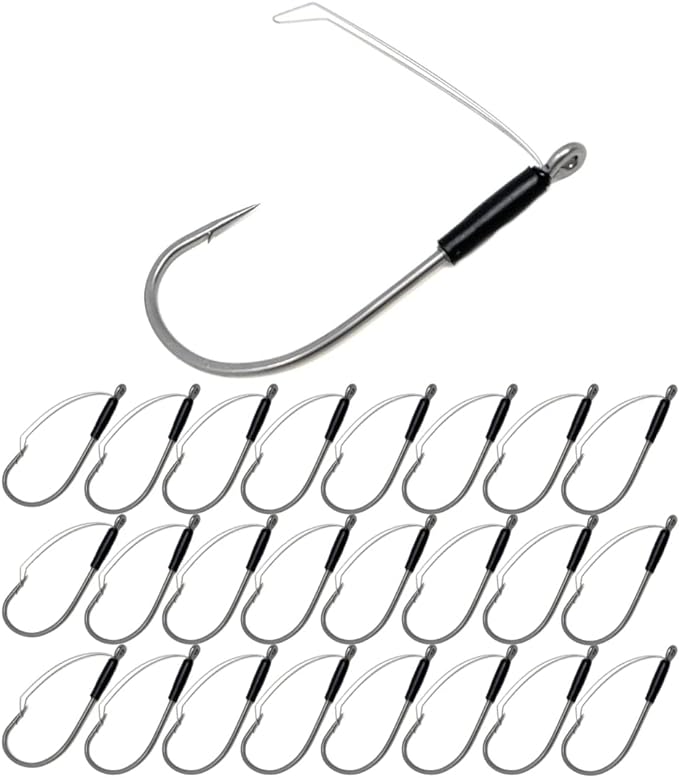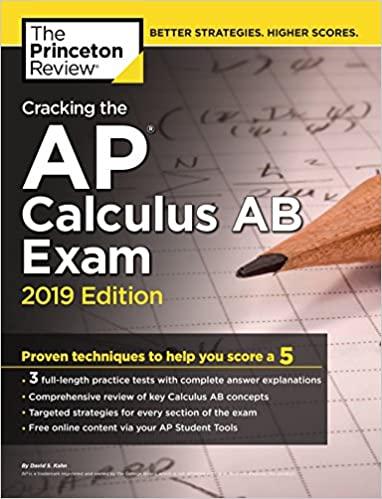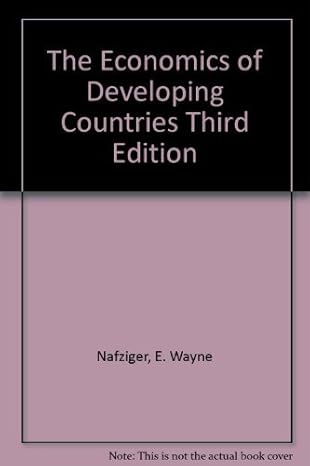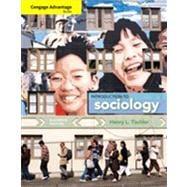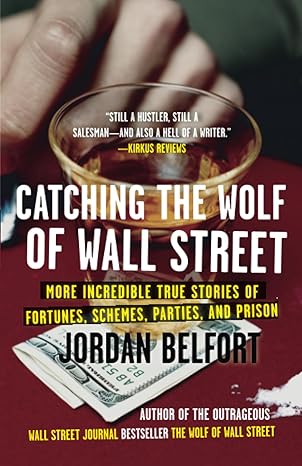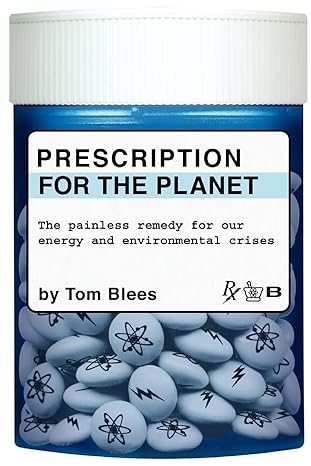Go back

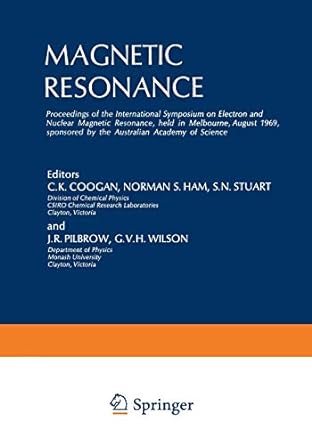
Magnetic Resonance Proceedings Of The International Symposium On Electron And Nuclear Magnetic Resonance Held In Melbourne August 1969 Sponsored By The Australian Academy Of Science(1st Edition)
Authors:
C.K. Coogan, Norman S. Ham, S.N. Stuart, J.R. Pilbrow, G.V.H. Wilson

Cover Type:Hardcover
Condition:Used
In Stock
Shipment time
Expected shipping within 2 DaysPopular items with books
Access to 30 Million+ solutions
Free ✝
Ask 50 Questions from expert
AI-Powered Answers
✝ 7 days-trial
Total Price:
$0
List Price: $103.90
Savings: $103.9(100%)
Solution Manual Includes
Access to 30 Million+ solutions
Ask 50 Questions from expert
AI-Powered Answers
24/7 Tutor Help
Detailed solutions for Magnetic Resonance Proceedings Of The International Symposium On Electron And Nuclear Magnetic Resonance Held In Melbourne August 1969 Sponsored By The Australian Academy Of Science
Price:
$9.99
/month
Book details
ISBN: 1461573750, 978-1461573753
Book publisher: Springer
Get your hands on the best-selling book Magnetic Resonance Proceedings Of The International Symposium On Electron And Nuclear Magnetic Resonance Held In Melbourne August 1969 Sponsored By The Australian Academy Of Science 1st Edition for free. Feed your curiosity and let your imagination soar with the best stories coming out to you without hefty price tags. Browse SolutionInn to discover a treasure trove of fiction and non-fiction books where every page leads the reader to an undiscovered world. Start your literary adventure right away and also enjoy free shipping of these complimentary books to your door.
Book Summary: TWENTY-FIVE years ago in Russia, Zavoisky made the first experimen tal observation of electron spin resonances; and a year later Purcell, Torrey and Pound at Harvard and Bloch, Hansen and Packard at Stanford ('The Harvard of the West') observed nuclear magnetic resonances for the first time. In both cases (ESR and NMR) the phenomena had been previously predicted, and Gorter - surely one of the most unlucky experimenters of our time - had made his noble attempts to detect magnetic resonances. Purcell et aZ. , having beaten their radar swords into scientific ploughshares, used a re 3 sonant coaxial cavity, filled the inductive part with 850 cm of paraffin, and produced a resonance with a signal-to-noise ratio of 20. They predicted that the sensitivity could be increased several hundred-fold and foresaw applications in determining magnetic mo ments, investigating spin-lattice coupling and measuring magnetic fields. Their letter reached the editor of Phys. Rev. on Christmas Eve 1945, and the basis of NMR in the solid state was laid. Bloch et aZ. , fortunately working independently, established the entirely different, crossed-coil approach to the observation of NMR in a water sample, which they doped with paramagnetic ions to reduce the relaxation times. They had laid the foundation of liquid-state NMR. Their letter to Phys. Rev. was received on 29 January 1946.
Customers also bought these books
Frequently Bought Together
Top Reviews for Books
Joe Ward
( 5 )
"Delivery was considerably fast, and the book I received was in a good condition."


